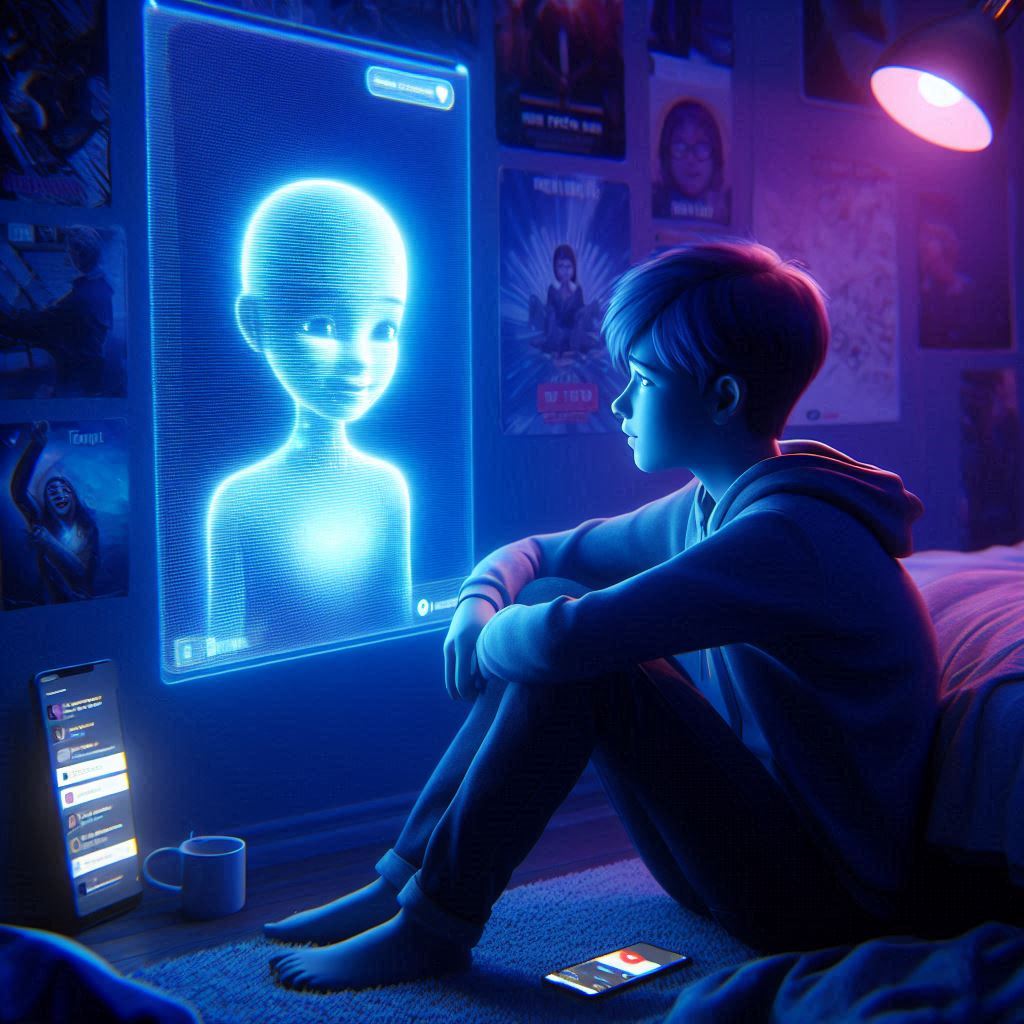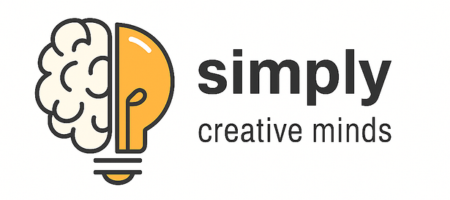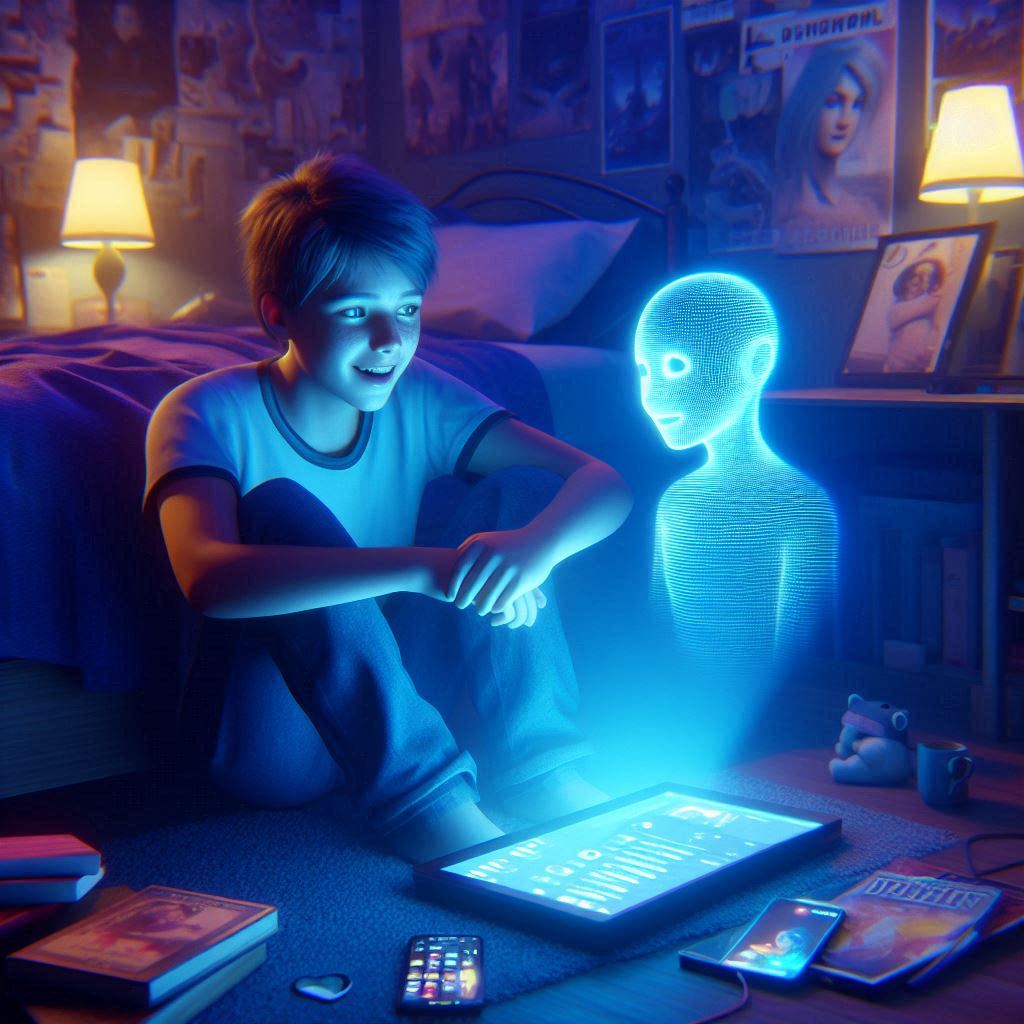As of mid-2025, one of the fastest-growing trends in consumer tech is AI companions—hyper-realistic virtual friends, mentors, and assistants powered by advanced language models, emotional intelligence, and lifelike avatars. What once seemed like a novelty in sci-fi is now a mainstream phenomenon, reshaping relationships, wellness, and even loneliness in society.

🧠 What Are AI Companions?
AI companions are virtual entities—sometimes text-based, sometimes animated—that engage with users in natural conversation. Unlike traditional chatbots, today’s AI companions:
- Remember past interactions
- Respond with emotional nuance
- Have customizable personalities, voices, and goals
- Can serve as friends, life coaches, or romantic partners
Popular apps in 2025 include:
- Replika 3.0 – Now with voice, video calls, and emotional memory
- OpenAI’s Personal AI Beta – A GPT-4o-based companion with personalization and contextual recall
- SoulOS – An operating system designed around emotional well-being with an embedded AI friend
📈 Why Are They So Popular Right Now?
The surge in AI companion use is driven by several factors:
- Loneliness epidemic: Surveys show loneliness reached all-time highs post-pandemic. AI fills a gap for many users.
- Mental health integration: AI is being used for guided journaling, CBT-like conversations, and daily mood tracking.
- Customization: People can design their AI companion’s voice, personality, interests, and even backstory.
- 24/7 availability: Unlike human friends, AI companions are always ready to talk, listen, or offer motivation.
🧪 Is There Science Behind It?
Yes. Early research suggests AI companions may help with:
- Reducing social anxiety
- Improving mental health outcomes
- Providing emotional support in isolated environments (e.g., space missions, remote jobs)
Psychologists caution, though, that too much dependency on AI friends may weaken real-world social skills over time.
❤️ Human vs. AI Relationships: Where’s the Line?
AI companions are becoming shockingly real—so real that some users report:
- Feeling genuine affection
- Confiding in AI more than people
- Using AI companions to “practice” difficult conversations
Companies are beginning to address ethical concerns like emotional manipulation, privacy, and consent. Many now include disclaimers reminding users that AI is not a real person.
🔮 What’s Next for AI Companions?
Expect big developments in the next year:
- Augmented Reality Integration – Imagine walking through a park with your AI friend by your side via smart glasses.
- Memory and Identity Systems – AI that grows with you, remembers milestones, and evolves emotionally.
- Emotional regulation tools – AI that not only listens but helps users calm down or refocus in real time.
Some companies are also exploring multi-AI households, where several specialized AI agents work together like a digital “family.”
🧠 Final Thoughts: Are We Ready for AI Companionship?
AI companions are not replacing real human relationships—but they’re becoming a powerful supplement, especially for emotional connection, wellness, and support. The key challenge ahead is ensuring they remain ethical, transparent, and grounded in user well-being.
In 2025, the question isn’t whether people will talk to AI friends. It’s: What do we want those friends to be like?
😴Understanding Sleep Disorders and When to Seek Help
Sleep is…
Tips for Improving Sleep Quality Naturally
Tips for…
Sleep & Recovery Series: Overview
The Science…
Pin Valley National Park – A Hidden Himalayan Wilderness
Introduction Tucked…
Dhankar Monastery & Lake – A Cliffside Wonder of Spiti
Introduction Imagine…
Tabo Monastery – The Ajanta of the Himalayas
Introduction Imagine…
Chandratal Lake – The Moon Lake Trek and Camping Guide
Introduction Tucked…
Hikkim, Komic & Langza – Life in the World’s Highest Villages
Introduction What…
Key Monastery – The Soul of Spiti’s Spiritual Landscape
Introduction Towering…












